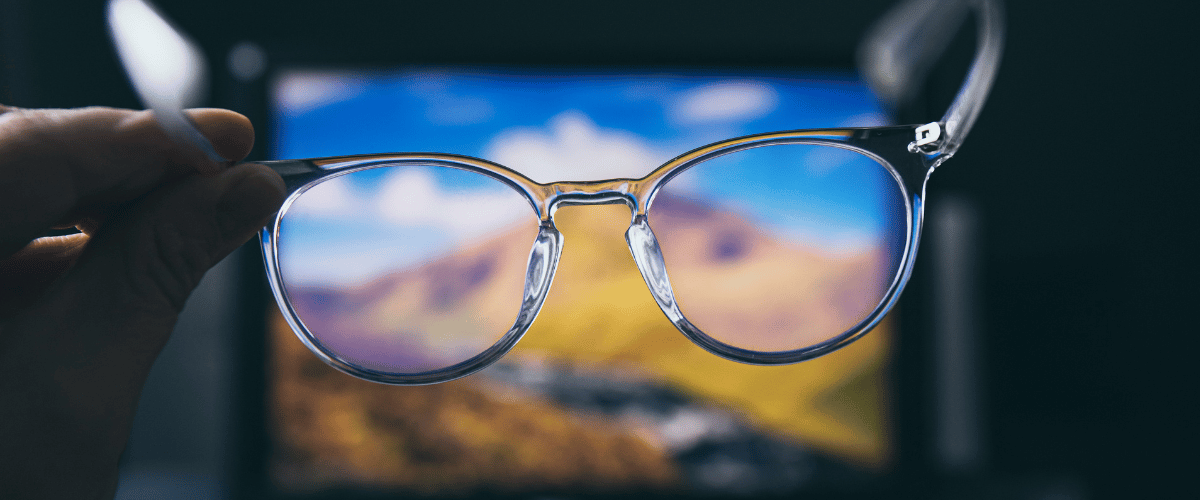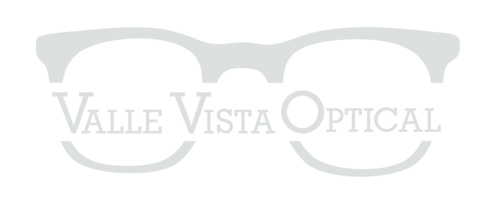Common Misconceptions About Blue Light Glasses

Blue light glasses have become a hot topic lately, thanks to our love affair with screens and concerns about our eyes. But there's a lot of noise out there about what these glasses can and can't do. Let's cut through the myths and get to the real deal.
What is Blue Light?
Blue light is that part of the visible light spectrum that has a short wavelength and packs a bit more punch. You get it from the sun, your LED lights at home, and yes, all those screens we stare at – smartphones, tablets, and computers. Blue light is great for keeping you alert and enhancing your mood during daylight hours. However, too much of it right before bed can mess with your sleep by disrupting the sleep hormone, melatonin.
Myth 1: Blue Light Glasses Are Only for Heavy Screen Users
It's a common belief that only the folks glued to their screens all day need blue light glasses. The truth? We all get zapped by blue light, not just from screens but also from the sun. So, these glasses could help anyone who finds their eyes getting tired, or who's trying to get better sleep, no matter how much or little they use screens.
Myth 2: Blue Light Glasses Drastically Improve Sleep Quality
Some say blue light glasses are the magic solution for perfect sleep. While they do help block some of that sleep-stealing blue light, they're not a silver bullet. Good sleep also depends on how you use screens throughout the day, your overall sleep habits, and personal routines. Studies show that while these glasses help tone down blue light's impact, they should be part of a bigger plan for better sleep.
Myth 3: All Blue Light is Bad for Health
Not all blue light is a villain. In fact, it's pretty useful during the day, helping you stay focused and in a good mood. The issue mainly pops up when you're exposed to a lot of blue light late in the evening. That's when it can throw off your body's natural sleep rhythm. Using blue light glasses in the evening can help keep that balance.
Myth 4: Blue Light Glasses Can Cure Digital Eye Strain
Digital eye strain comes with symptoms like dry eyes, blurry vision, and headaches, thanks to too much screen time. While blue light glasses can lessen the glare and filter out some of the blue light, they're not the complete fix. To really tackle digital eye strain, you'll need to adjust how you work at your screen, take regular breaks using the 20-20-20 rule, and make sure your screen's brightness is just right.
Myth 5: All Blue Light Glasses Are the Same
The market's full of blue light glasses, but they're not all the same. Their effectiveness hinges on how much blue light they filter and the quality of their lenses and coatings. Some are tailored for intense digital use, others for more general wear. When shopping, look for glasses that tell you exactly how much blue light they block and go for ones with anti-reflective and anti-glare coatings for extra ease and comfort.
Contact Valley Vista Optical
Blue light glasses have their perks, but it's important to get the whole picture. They're a smart way to manage blue light exposure, but they work best when paired with other eye health and sleep hygiene strategies. If you're looking for advice or need the perfect pair of prescription glasses,
reach out to the experts.
Valle Vista Optical has got your back and can help you find the best fit for your lifestyle.
